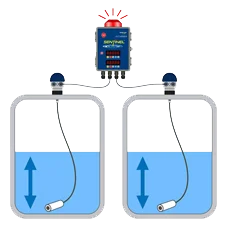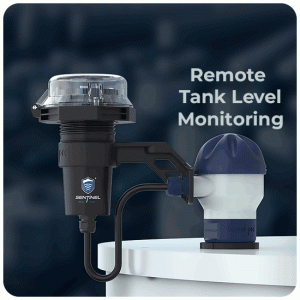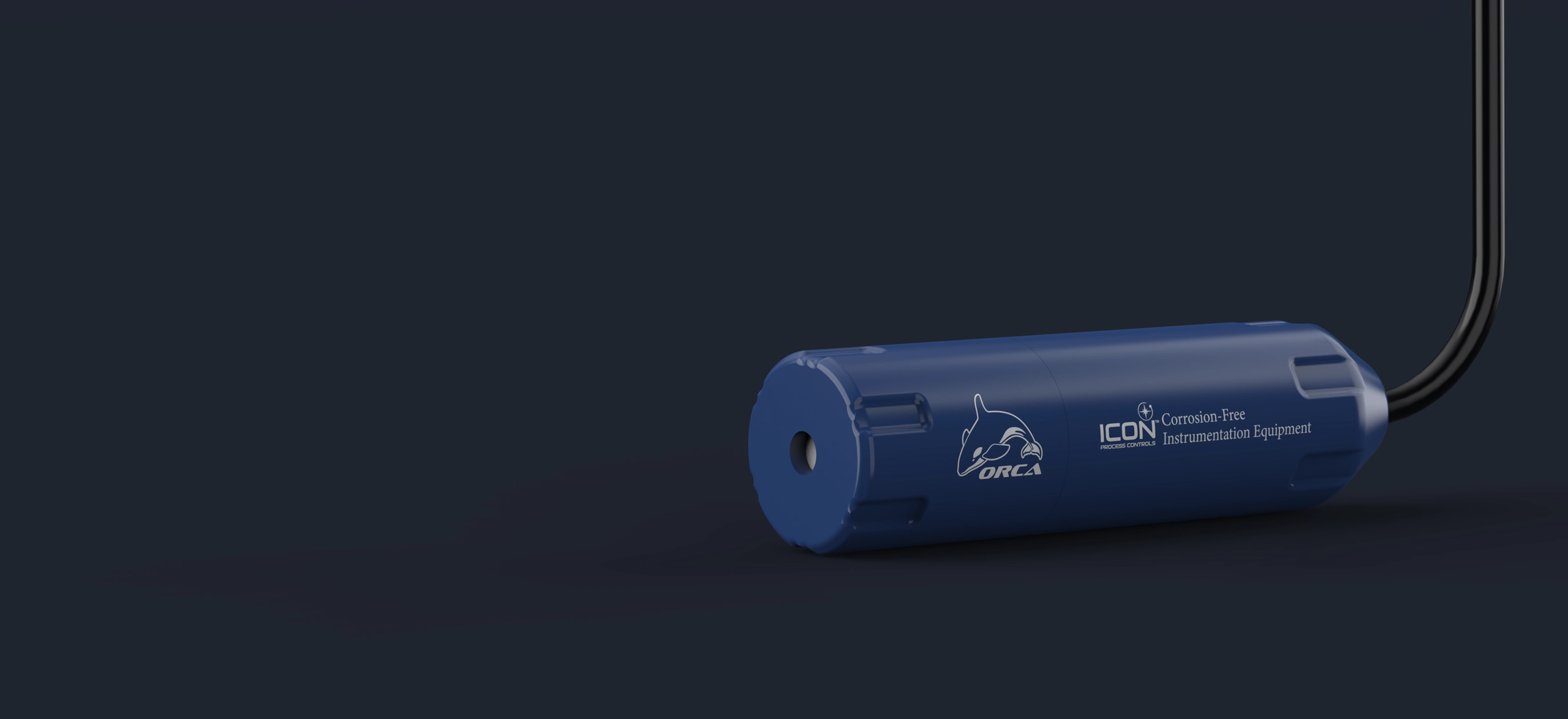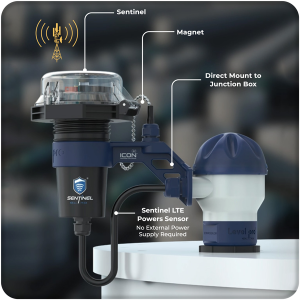Selecting the Right Level Sensor for Hydrochloric Acid (HCL)

Hydrochloric acid (HCl) is a strong, corrosive acid that is commonly used in a variety of industrial and laboratory applications. It is a clear, colorless liquid with a strong, pungent smell.
Hydrochloric acid is produced by dissolving hydrogen gas in water and adding chlorine gas to the solution. It is available in various concentrations, with the most common being a 37% solution.
Hydrochloric acid is highly reactive and can cause serious injury or death if ingested or if it comes into contact with skin or eyes. It is important to handle hydrochloric acid with caution and to follow proper safety protocols when using it.
Hydrochloric acid is commonly used as a cleaning agent, as a pH adjuster in water treatment, and in the production of various chemicals, such as plastics and pharmaceuticals. It is also used in the oil and gas industry for drilling and well maintenance.
When selecting a level sensor for hydrochloric acid, there are several factors to consider:
- Compatibility with hydrochloric acid: It is important to choose a level sensor that is compatible with hydrochloric acid, as some materials may be damaged or degraded by contact with the chemical. Materials such as polypropylene, polyethylene, and Teflon are generally resistant to hydrochloric acid and may be good choices for level sensors.
- Accuracy: The level sensor should be accurate and able to measure the level of hydrochloric acid with a high degree of precision.
- Sensitivity: The level sensor should be able to detect small changes in the level of hydrochloric acid, as even small variations in concentration can have significant impacts on its effectiveness.
- Ease of installation: The level sensor should be easy to install and maintain, with minimal requirements for special tools or training.
- Compatibility with other equipment: The level sensor should be compatible with any other equipment that may be used in conjunction with it, such as alarms or shutdown systems.
- Cost: The cost of the level sensor is also a factor to consider. Look for a balance between a sensor that is reliable and effective, but not too expensive.
It is also helpful to research and read reviews from other users to determine which level sensors are the most reliable and effective for measuring the level of hydrochloric acid.
Learn more about level sensors
Please contact us to discuss your application


